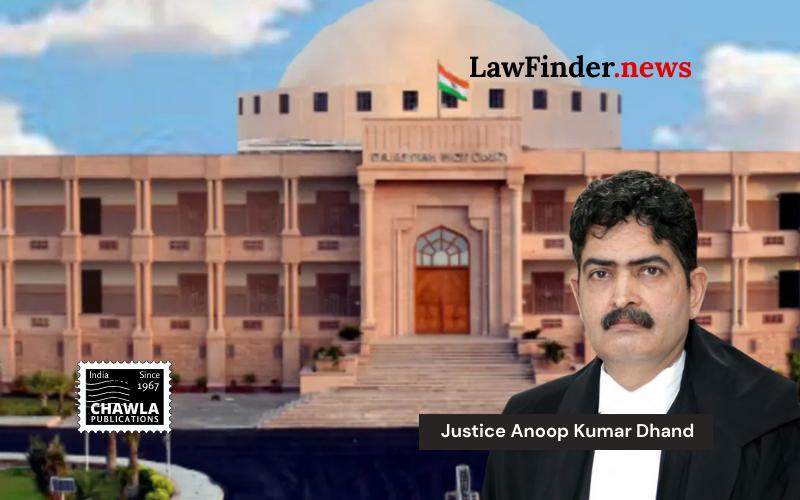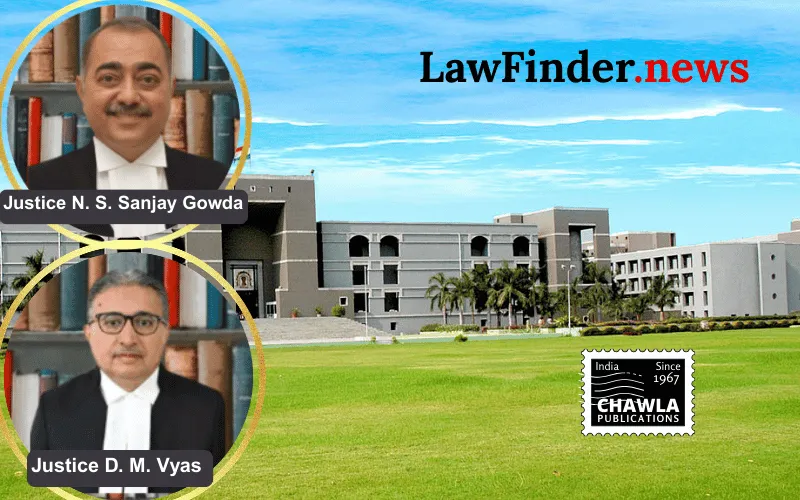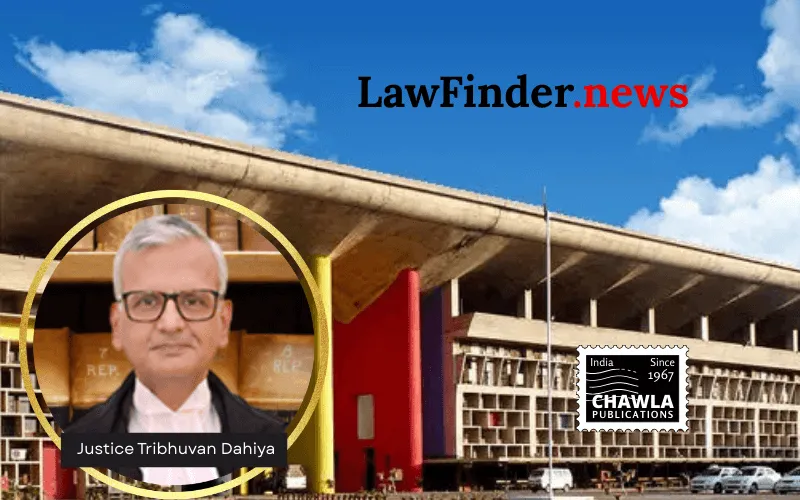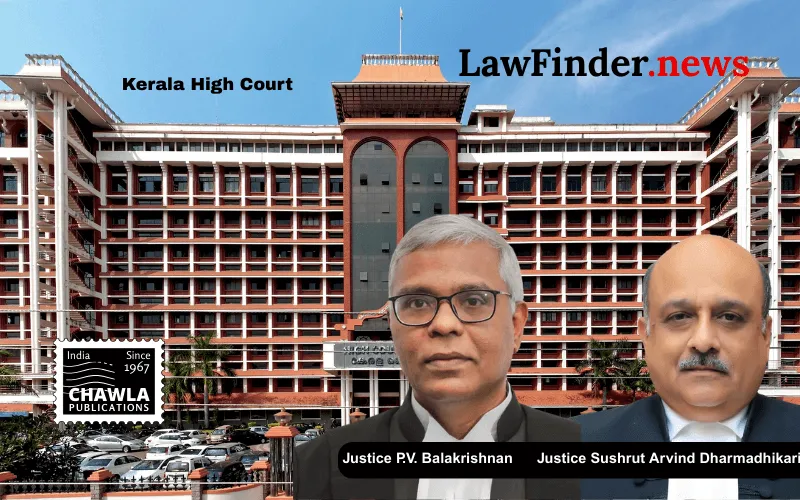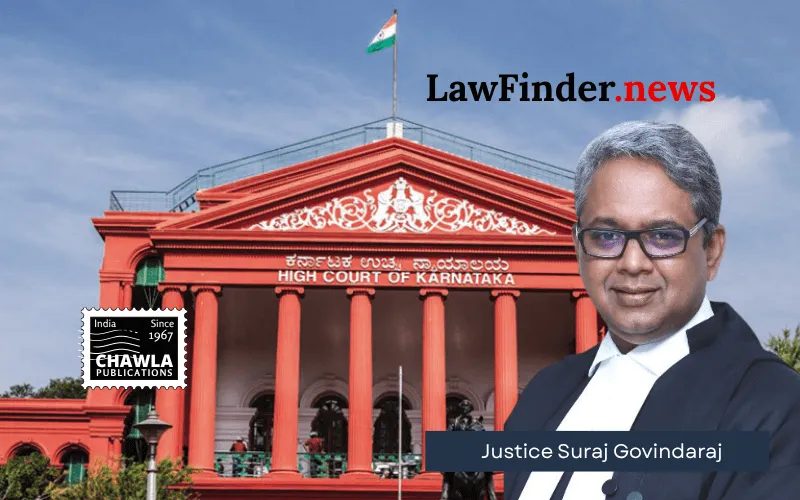Court Affirms Trial Court's Decision to Reject Petitioner's Application for Impleadment of Additional Accused
In a pivotal judgment delivered by the Rajasthan High Court, Jaipur Bench, Justice Anoop Kumar Dhand has upheld the discretionary power under Section 319 of the Criminal Procedure Code (Cr.P.C.), affirming its exercise should be sparing and contingent upon strong evidence. The court dismissed the revision petition filed by Narendra Kumar, challenging the Additional Sessions Judge's decision in Kotputli Behror district to reject the application for impleadment of additional accused in a criminal case.
The case originated from an incident on September 7, 2022, where Vikram Singh was allegedly assaulted by accused-respondents along with Pawan Singh and Satpal. The FIR registered under Sections 143, 341, and 323 of the Indian Penal Code (IPC) led to a charge-sheet filed only against Pawan Singh and Satpal under Sections 307, 323, and 341 read with Section 34 IPC. Despite statements from eyewitnesses implicating the accused-respondents, the trial court chose not to extend charges to them, a decision now reinforced by the High Court.
The petitioner argued that the medical examination of Vikram Singh revealed fractures, indicating serious injuries and claimed prima facie evidence against the accused-respondents warranted their inclusion as accused. However, the trial court, and subsequently the High Court, found the petitioner's arguments insufficient to override the discretionary power vested by Section 319 Cr.P.C.
Justice Dhand's order emphasized the extraordinary nature of Section 319, which allows summoning individuals not named in the FIR or charge-sheeted based on evidence emerging during the trial. The court referenced precedents set by the Supreme Court, notably in Hardeep Singh v. State of Punjab and Dharam Pal v. State of Haryana, underscoring the need for substantial evidence before exercising such power.
The judgment clarified that the term "evidence" under Section 319(1) Cr.P.C. should be interpreted broadly, encompassing statements made during examination-in-chief, without necessitating cross-examination. This broad interpretation aligns with the Supreme Court's guidance, enabling courts to summon additional accused if evidence suggests their involvement.
Justice Dhand concluded that the trial court's decision was neither arbitrary nor perverse, highlighting its careful consideration of available materials and the improbability of conviction for the accused-respondents. The judgment serves as a reminder of the cautious approach required when invoking discretionary powers in criminal proceedings, ensuring justice is administered without unwarranted disruption to ongoing trials.
The court's rejection of the revision petition reinforces the principle that Section 319 Cr.P.C. is a tool for exceptional circumstances, necessitating strong, cogent evidence to justify the addition of new accused parties. This ruling ensures that the judicial process remains focused on fairness and due process, maintaining the integrity of criminal trials.
Bottom Line:
The power under Section 319 Cr.P.C. is discretionary and should be exercised sparingly, only where strong and cogent evidence emerges against a person during the trial, warranting their impleadment as an accused.
Statutory provision(s): Criminal Procedure Code, 1973 - Section 319, Section 143 IPC, Section 341 IPC, Section 323 IPC, Section 307 IPC, Section 34 IPC.
Narendra Kumar v. State of Rajasthan, (Rajasthan)(Jaipur Bench) : Law Finder Doc Id # 2794851
